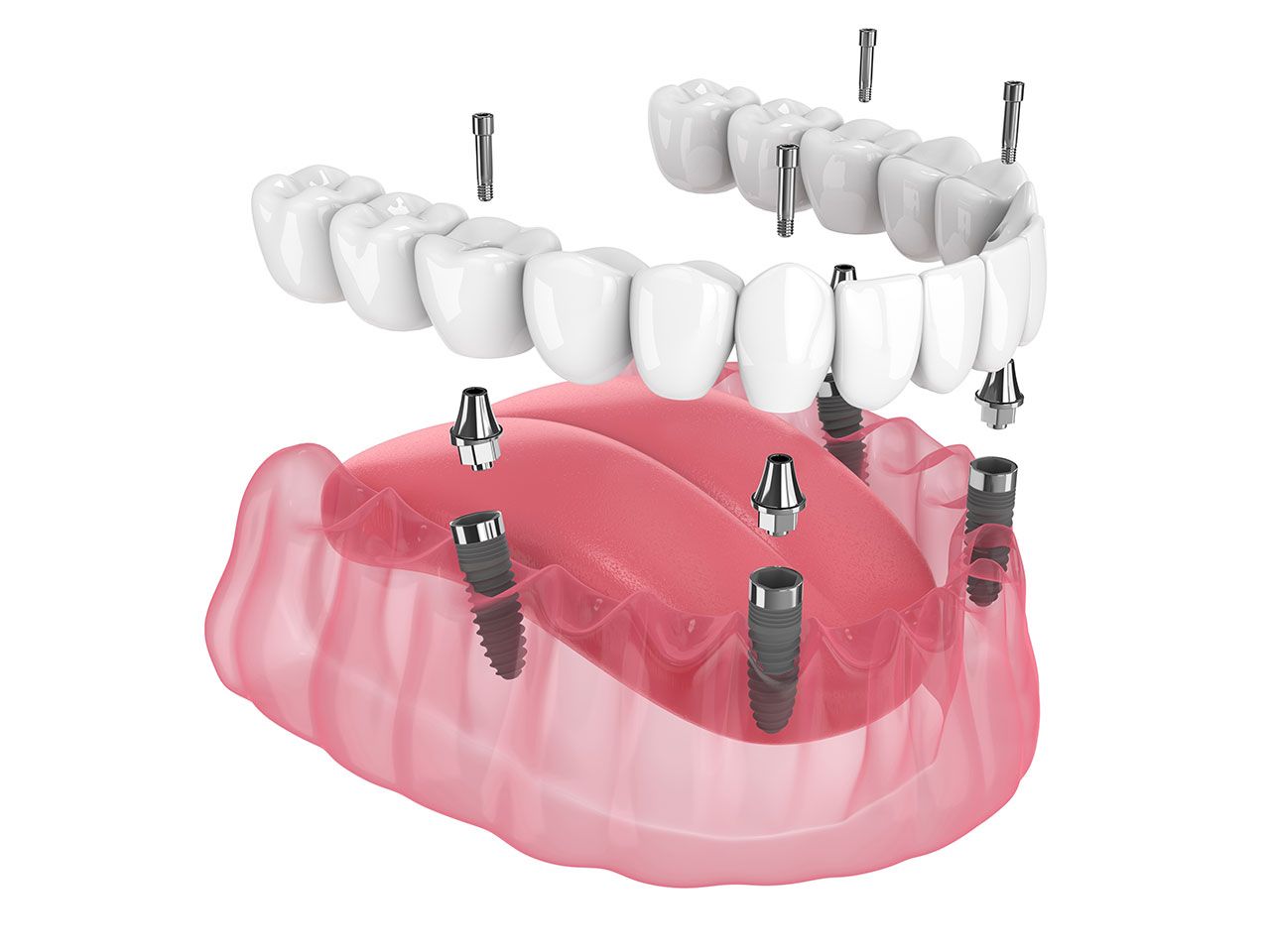Cavities 101: What They Are, Why They Happen, and How to Stop Them
Here’s a question that sneaks up on many people during their dental visit: “Do you see any cavities?” Even if you brush twice a day and floss regularly, cavities can still form—and when they do, they don’t always hurt right away. That’s part of what makes them tricky. They creep in quietly, sometimes causing real damage before you even realize something’s wrong.
But don’t worry—we’re not here to scare you. We’re here to explain cavities in plain language, help you understand why they form, and most importantly, show you how to prevent them from taking over your smile.
What Is a Cavity, Really?
Let’s clear this up from the start. A cavity isn’t some mysterious hole that appears overnight. It’s the result of a process called tooth decay—a breakdown of your enamel (the tough outer layer of your teeth) caused by bacteria and acids.
Here’s how it works:
- Bacteria in your mouth feed on sugars and starches from your food.
- These bacteria produce acid as a byproduct.
- Over time, that acid wears down your enamel.
- As enamel weakens, small holes or “cavities” begin to form.
If left untreated, a cavity can grow deeper, eventually reaching the softer dentin or even the nerve inside your tooth. At that point, you’re not just looking at a filling—you might need a crown or even a root canal.
What Causes Cavities?
Cavities don’t form out of nowhere. They’re the result of several combined factors—many of which are well within your control.
Here are the biggest culprits:
- Sugary and acidic foods – Soda, candy, juice, and even dried fruits can feed cavity-causing bacteria.
- Poor oral hygiene – Skipping brushing or flossing allows plaque to build up.
- Dry mouth – Saliva helps wash away food particles and neutralize acid. Less saliva means more risk.
- Frequent snacking – Constant eating means your teeth are under attack all day long.
- Deep grooves or pits in teeth – These can trap food and bacteria, making them harder to clean.
There’s also a genetic factor. Some people simply have softer enamel or more cavity-prone mouths, which makes prevention even more important.
Signs You Might Have a Cavity
Cavities can start silently, but as they progress, symptoms often show up. Here’s what to look for:
- A persistent toothache
- Sensitivity to hot, cold, or sweet foods
- Visible holes or dark spots on your teeth
- Pain when biting down
- Bad breath or a bad taste that lingers
Still, many cavities show no symptoms until they’re already pretty advanced. That’s why regular checkups at Aria Dental of Annapolis are key.
The Science-Backed Ways to Prevent Cavities
Good news—cavities are largely preventable. Here’s how to put the odds in your favor and keep decay at bay:
1. Brush Twice a Day (With Fluoride)
Use a fluoride toothpaste and brush for at least two minutes, morning and night. Fluoride helps strengthen enamel and reverse early decay.
2. Floss Every Day
Yes, every day. Floss reaches between teeth where brushes can’t—and where most cavities start.
3. Limit Sugar and Acidic Foods
Cut down on sugary snacks and sodas. When you do indulge, try to consume them with meals so saliva can help neutralize acids.
4. Drink Plenty of Water
Water helps rinse away food particles and keeps your mouth hydrated. Fluoridated tap water offers even more protection.
5. Get Professional Cleanings
Twice-yearly cleanings at Aria Dental of Annapolis remove plaque and tartar buildup, which brushing and flossing alone can’t handle.
6. Ask About Sealants
Dental sealants—thin, protective coatings applied to back teeth—can dramatically reduce the risk of decay, especially in kids and teens.
Benefits of Cavity Prevention That Go Beyond Your Smile
The benefits of preventing cavities aren’t just about dodging dental work (though that’s a big perk). According to the American Dental Association and CDC, strong oral health is linked to overall health outcomes, including:
- Lower risk of heart disease and stroke
- Better diabetes management
- Reduced risk of infections spreading from the mouth
- Less time and money spent on emergency dental care
Plus, keeping your teeth cavity-free simply feels better. No surprise aches. No sudden sensitivity. No time missed at work or school for fillings. Just a healthy, confident smile you can count on.
Why Early Detection Is a Game-Changer
Cavities don’t fix themselves, but when caught early, they’re easy to treat. A tiny filling is a quick, painless procedure that preserves your natural tooth structure and prevents bigger issues down the road.
That’s why regular exams at Aria Dental of Annapolis matter so much. We use advanced tools to detect even the smallest signs of decay before they become major problems. And we’ll walk you through treatment options so you always feel informed and in control.
Let’s Keep Cavities Off Your Plate
You don’t have to wait until you’re in pain to do something about cavities. Prevention is far easier—and far more comfortable—than treatment. With a strong daily routine and regular visits to your dental team, cavities can stay off your radar entirely.
Have questions about your risk for cavities or how to better protect your teeth? Contact Aria Dental of Annapolis at 410-280-5370 to schedule your appointment and get personalized tips to keep your smile cavity-free.
Share This Post




